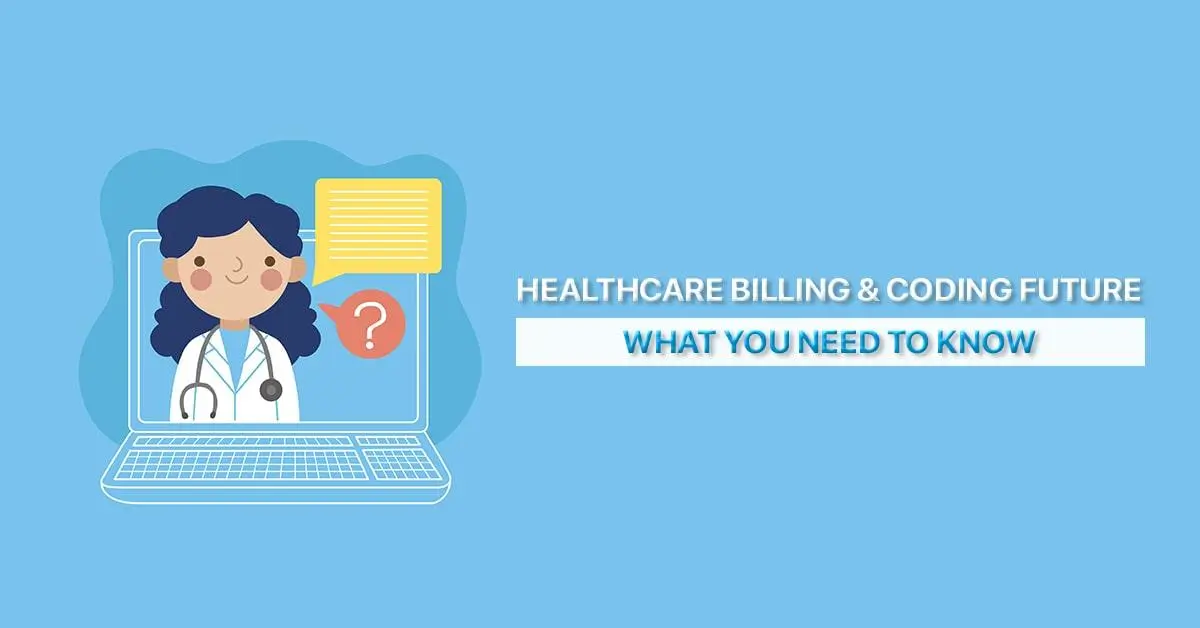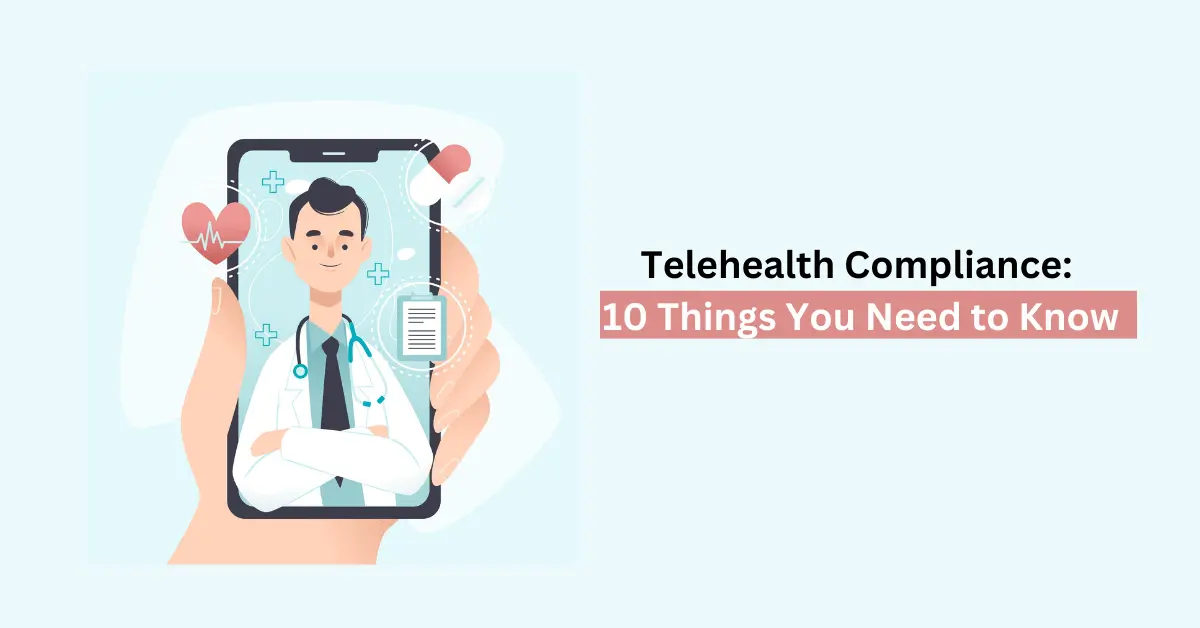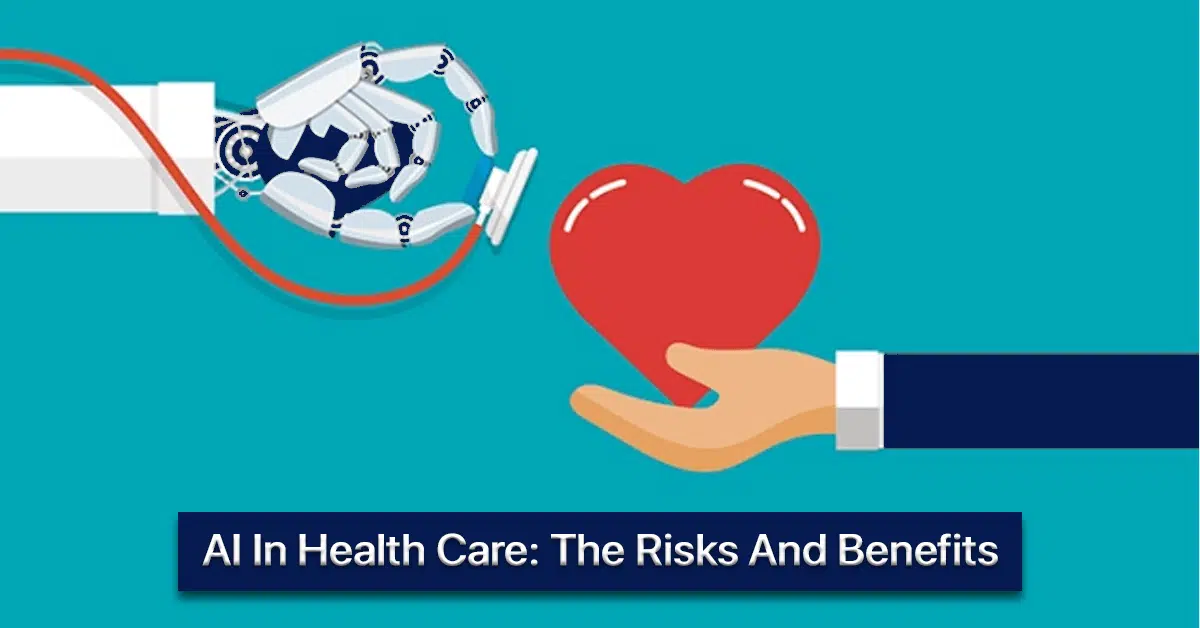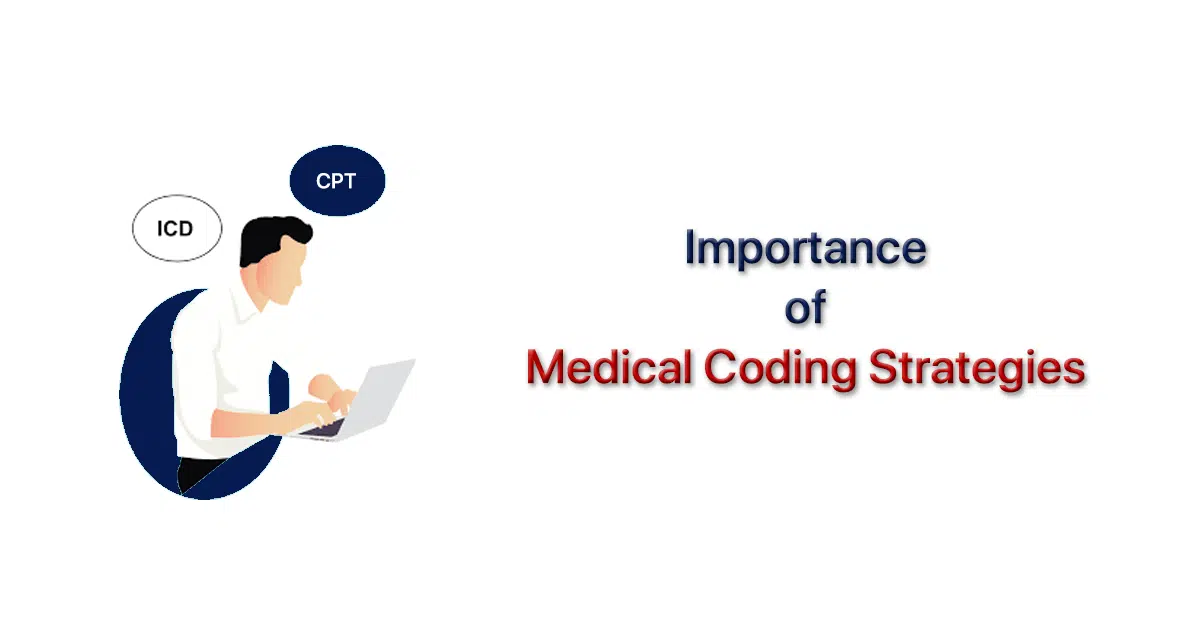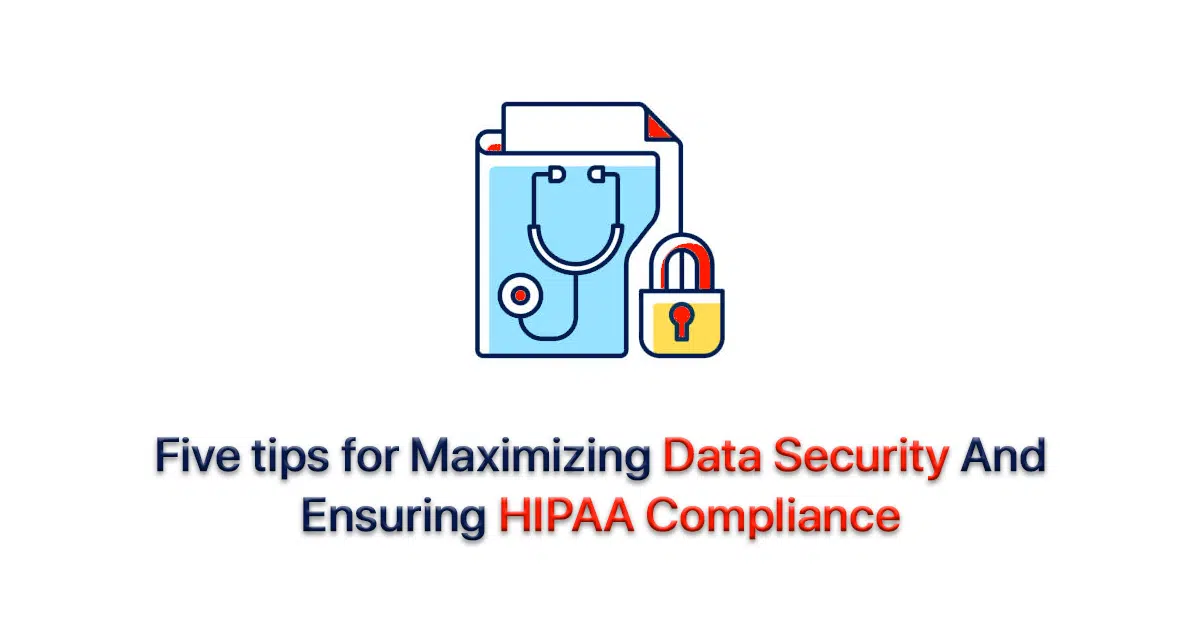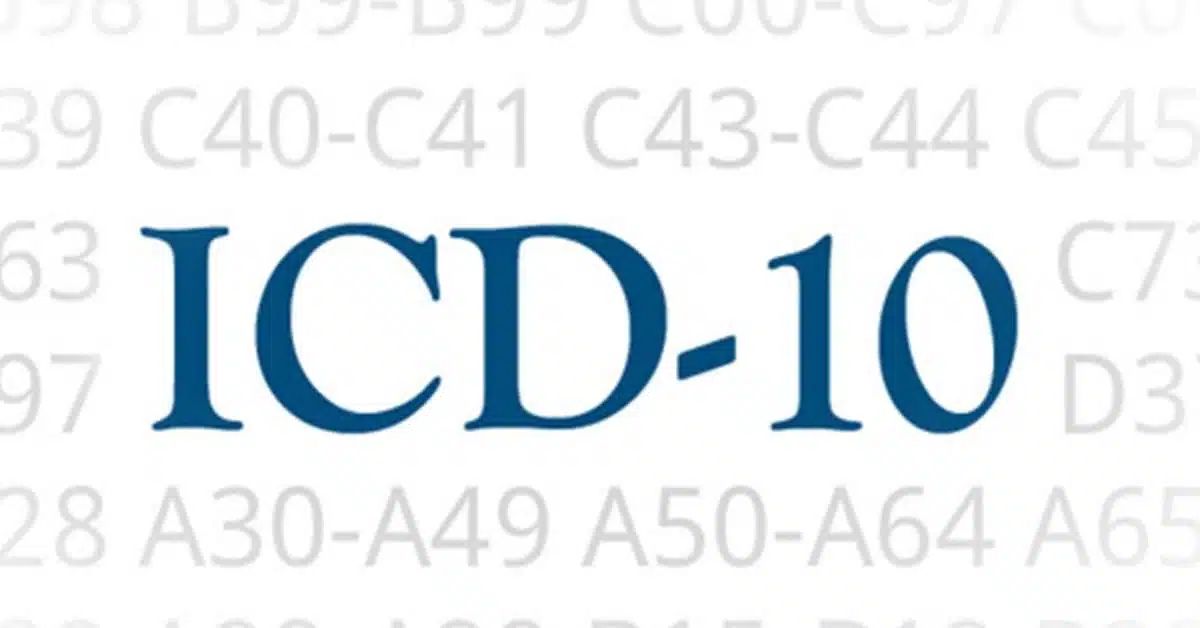The healthcare industry is constantly evolving, and with it, so are the processes and procedures that are involved in billing and coding. As we move towards a more digital and technology-driven world, it’s important for healthcare professionals to stay up-to-date with the latest trends and changes in the industry. In this blog post, we’ll explore […]
Telemedicine or telehealth, which refers to providing care via electronic communication when patients and providers are in separate locations, has been available for decades. However, the COVID-19 pandemic has accelerated the adoption of telehealth due to the urgent need to deliver care in new ways. Before the pandemic, telehealth faced challenges such as limited reimbursement, […]
The hype around Artificial Intelligence (AI) spiked again recently with the public release of ChatGPT. The easy-to-use interface of this natural language chat model makes this AI particularly accessible to the public, allowing people to experience first-hand the potential of AI. This experience has spurred users’ imagination and generated feelings ranging from great excitement to […]
Medical coding strategies contribute various benefits, counting cost reduction and control, systematic healthcare management, and increased scalability. Compliance with medical coding qualities also promises patients’ data privacy and security and alleviates the threats of audits. In the current healthcare landscape, keeping up financial solidity has become progressively hard due to the shift from fee-for-service to […]
Digital transformation is expanding the cyber attack surface in health care and other sectors. Today, threat actors are working overtime to exploit vulnerabilities in health care systems, its primary care physicians and their applications, resulting in data breaches that expose confidential and protected information. The Health Insurance Portability and Accountability Act of 1996 (HIPAA) is […]
Electronic medical records (EMR) introduced a new era of healthcare management. Should healthcare operators want to venture farther, they may need to consider digitizing their internal operations, as well. Hospitals and clinics present extremely complex environments to manage. There is little wonder that manual and piecemeal approaches to everyday operations are no longer sufficient. Many […]
Blockchain has taken the shape of an important asset in the 21st century with applications starting from practitioner’s authentication to supply chain management. The abilities of the robust privacy and interoperability of blockchain can change the healthcare space and improve the wide range of needs in healthcare. Blockchain provides a reliable and standard chain of […]
Keen on giving Americans in federally-funded programs more control over their healthcare, the U.S. Department of Health and Human Services (HHS) has been working closely with past and present administrations to establish regulations governing electronic health information (EHI). On March 4, the Office of the National Coordinator for Health Information Technology (ONC) published a proposed […]
A new collaboration between the AMA and UnitedHealthcare will work to address the social and environmental factors that affect patients’ health by standardizing data collection on their social determinants of health (SDOH) to help address individuals’ unique needs that often go unmet. The two organizations are supporting the creation of 23 new ICD-10 codes related […]
The U.S. healthcare industry has a $1 trillion opportunity to cut costs and reduce waste, according to a 2015 Harvard Business Review analysis. While there are various areas waste accumulates, costly data reconciliation is a prominent problem for hospitals and health systems. Change Healthcare defines data reconciliation as “the process of compiling information across companies […]

